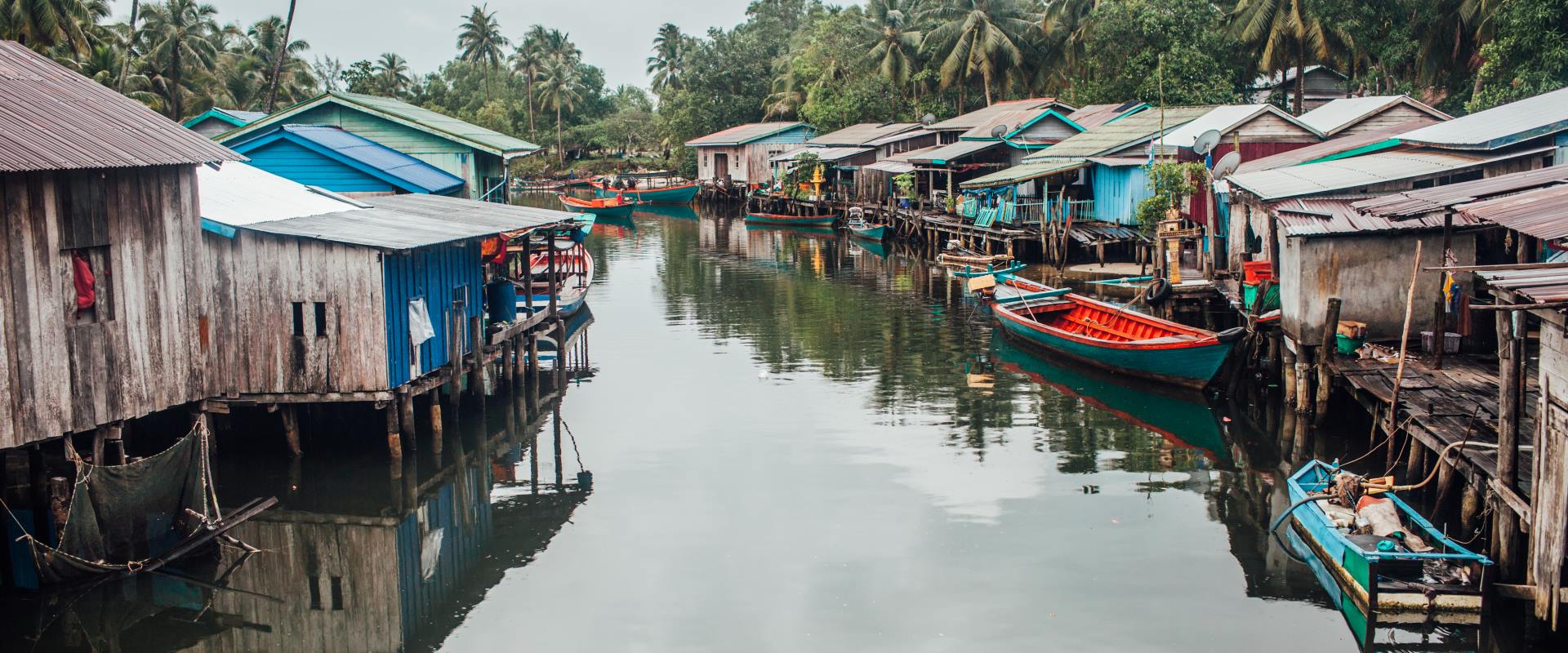Cambodia is a country in Southeast Asia, bordering the Gulf of Thailand between Thailand, Vietnam and Laos. The country’s main industries are tourism, garment, construction and real estate, and agriculture. As of 2012, 2.6 million of Cambodia’s 16.44 million people live on less than $1.20 a day and Cambodia remains one of the poorest countries in Asia.
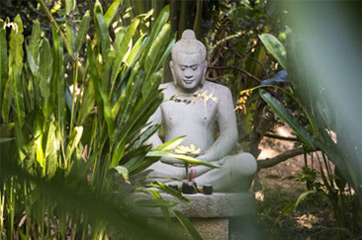
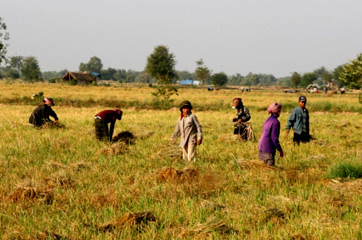
Formerly part of French Indochina, Cambodia gained full independence from France in 1953. Twenty-two years later, in April 1975, communist Khmer Rouge forces captured Phnom Penh and began one of the worst genocides in history. Between 1975 and 1979, 1.5 million Cambodians out of a total population of 7 to 8 million died of execution, starvation, disease or overwork as part of Khmer leader Pol Pot’s efforts to create an agrarian socialist society. The Khmer Rouge sought to create a classless society by targeting intellectuals, city residents, ethnic Vietnamese, civil servants and religious leaders. In December 1978, Vietnamese troops liberated Cambodia. However, guerilla operations on the part of the Khmer Rouge continued for years to come.
The effects of the Cambodian genocide went beyond the loss of life. The country’s infrastructure was destroyed which created challenges to rebuilding the economy. Cambodian society lacked human resources since nearly all intellectuals had been executed by the Khmer Rouge. The United Nations Development Program estimated that only 300 qualified people of all disciplines were left in the country. The Khmer Rouge also left over 200,000 orphans in need of care.
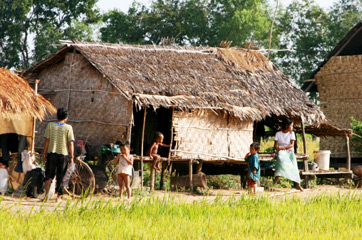
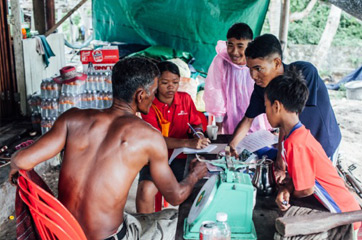
With 50 percent of the population under 25 years old, Cambodia’s future rests in the hands of its youth. One of the biggest challenges we face today is finding the next generation of leadership — especially for those new countries quickly emerging on the world stage. In nations in the burgeoning, vibrant region of Southeast Asia, human potential remains largely undeveloped. It is a situation that cries out not just for charitable aid, but for long-term investment in human capital, starting with children of grade-school age.
Liger Leadership Academy believes it is imperative to equip a new generation with the capacity and drive to lead Cambodia’s future social and economic development. There is an opportunity to build strong businesses in Cambodia; it is a market ready to be opened up to new entrepreneurial leaders, to innovative and creative ideas. LLA is committed to nurturing highly-skilled entrepreneurial thinkers who are globally-minded, determined, ethical, passionate, and effective.

